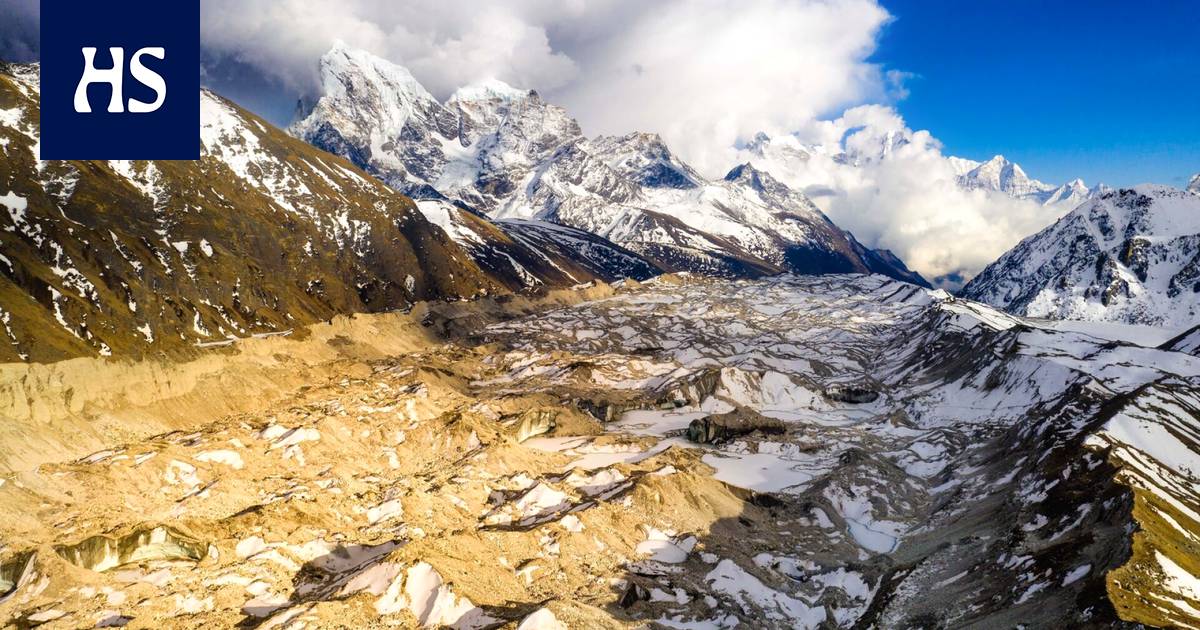
The global pandemic has led to a decrease in air pollution, which has resulted in a slowing of snow loss in the Himalayas. This has sparked concern about the impact of carbon emissions on the melting of glaciers in these mountains. While the climate may warm below 1.5 degrees, it is still possible that a third of the glaciers will disappear if carbon dioxide emissions are not controlled.
The Himalayas and Tibetan highlands are crucial for preserving glaciers and the snow that feeds them, as they are the source of ten major rivers in Asia. These rivers provide water for about half of the annual needs of four billion people. To preserve these vital sources of water, researchers have recommended reducing air pollution, particularly black carbon or soot, which can significantly slow down snow loss.
Recent research published in the Atmospheric Chemistry and Physics journal found that reducing soot levels to those observed during the pandemic lockdown could positively impact snow melting in the Himalayas by up to half. This was due to cleaner air during lockdown leading to reduced transportation of soot over the mountains, resulting in lighter and less heat-absorbent snow surfaces that helped preserve snow cover during spring and slowed down melting rates.
The protection of snow cover is critical for glacier preservation as it helps with slow melting and ice formation processes. With continued efforts towards reducing air pollution and controlling carbon emissions, we can help ensure that glaciers in the Himalayas continue to thrive for generations to come.
Reducing air pollution is crucial not only for preserving glaciers but also for protecting human health as many cities located near these mountains rely heavily on tourism revenue generated from trekking trails leading through them.
It’s important to note that while reducing soot levels can help mitigate some effects of global warming on glaciers, more significant steps need to be taken at a global level to curb carbon emissions and prevent further melting of these vital resources.
In conclusion, it’s clear that our actions have consequences beyond our immediate surroundings. Reducing air pollution can lead to better outcomes not only for our planet but also for future generations who will inherit its natural wonders if we take action now towards protecting them.




